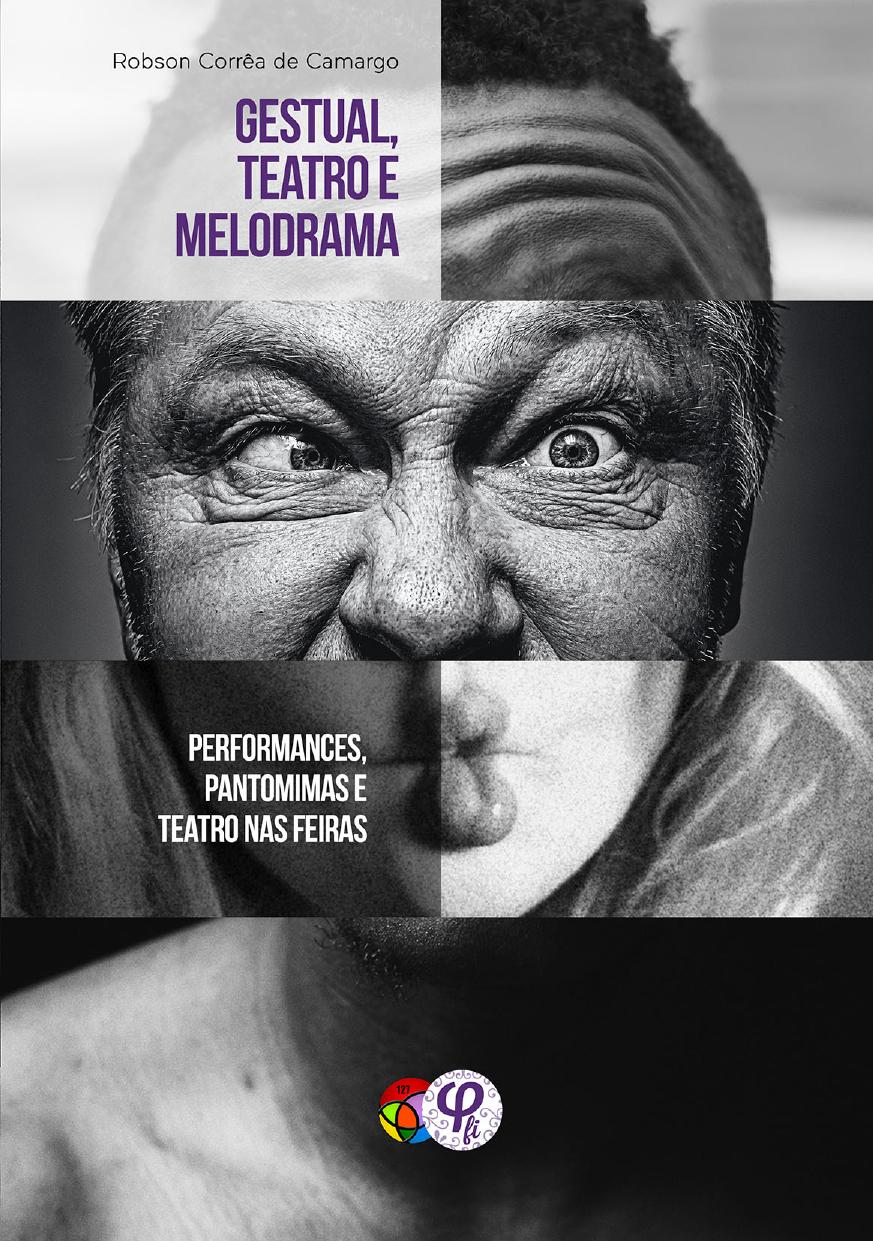

Most ebook files are in PDF format, so you can easily read them using various software such as Foxit Reader or directly on the Google Chrome browser.
Some ebook files are released by publishers in other formats such as .awz, .mobi, .epub, .fb2, etc. You may need to install specific software to read these formats on mobile/PC, such as Calibre.
Please read the tutorial at this link. https://ebooknice.com/page/post?id=faq
We offer FREE conversion to the popular formats you request; however, this may take some time. Therefore, right after payment, please email us, and we will try to provide the service as quickly as possible.
For some exceptional file formats or broken links (if any), please refrain from opening any disputes. Instead, email us first, and we will try to assist within a maximum of 6 hours.
EbookNice Team

Status:
Available5.0
12 reviewsThe concept and practice of the melodrama from a historic point of view.
According to Malu Puppo MELODRAMA "An ambivalent notion within the specifically theatrical universe, if melodrama is recognized as an important matrix deserving the attention of artists and scholars, it is often the object of a treatment capable of being designated as prejudiced, as it is seen as synonymous with stereotypes and predictability.
Manifestation whose roots go back to eighteenth-century France, he knew how to amalgamate himself with the different contingencies to which he was subject, to the point that today he is recognizable in mass communications, in cinema through its various generations and in literature, as well as in the theatre itself. When talking about melodrama, it is references linked to these fields that emerge with frequency and weight much greater than any knowledge of the historical nature of the melodramatic scene.
Robson Camargo confronts this gap with the fearlessness of the constant scholar, using sources that have been little explored until then, with the perspective of introducing the reader to the emergence and gradual configuration of melodrama. However, more than an outline of its historical evolution, what we have in this book is a passionate dive into the phenomenon, which results in the establishment of a singular point of view, based on a diversified bibliographical reference.
Research originally carried out with a view to obtaining the degree of Doctor in Performing Arts a the University of São Paulo, the text literally corresponds to its scope, that is, it presents and defends a thesis.
Gradually, we are invited to accompany our author in his effort to carefully reconstruct the object that occupies him. It is the theatre man who brings to light, through the sieve of the present time, melodrama as a strictly scenic manifestation. Although the links between this art, the feuilleton and cinema, for example, are reiterated throughout the text, what is focused here is the specificity of the melodramatic stage."